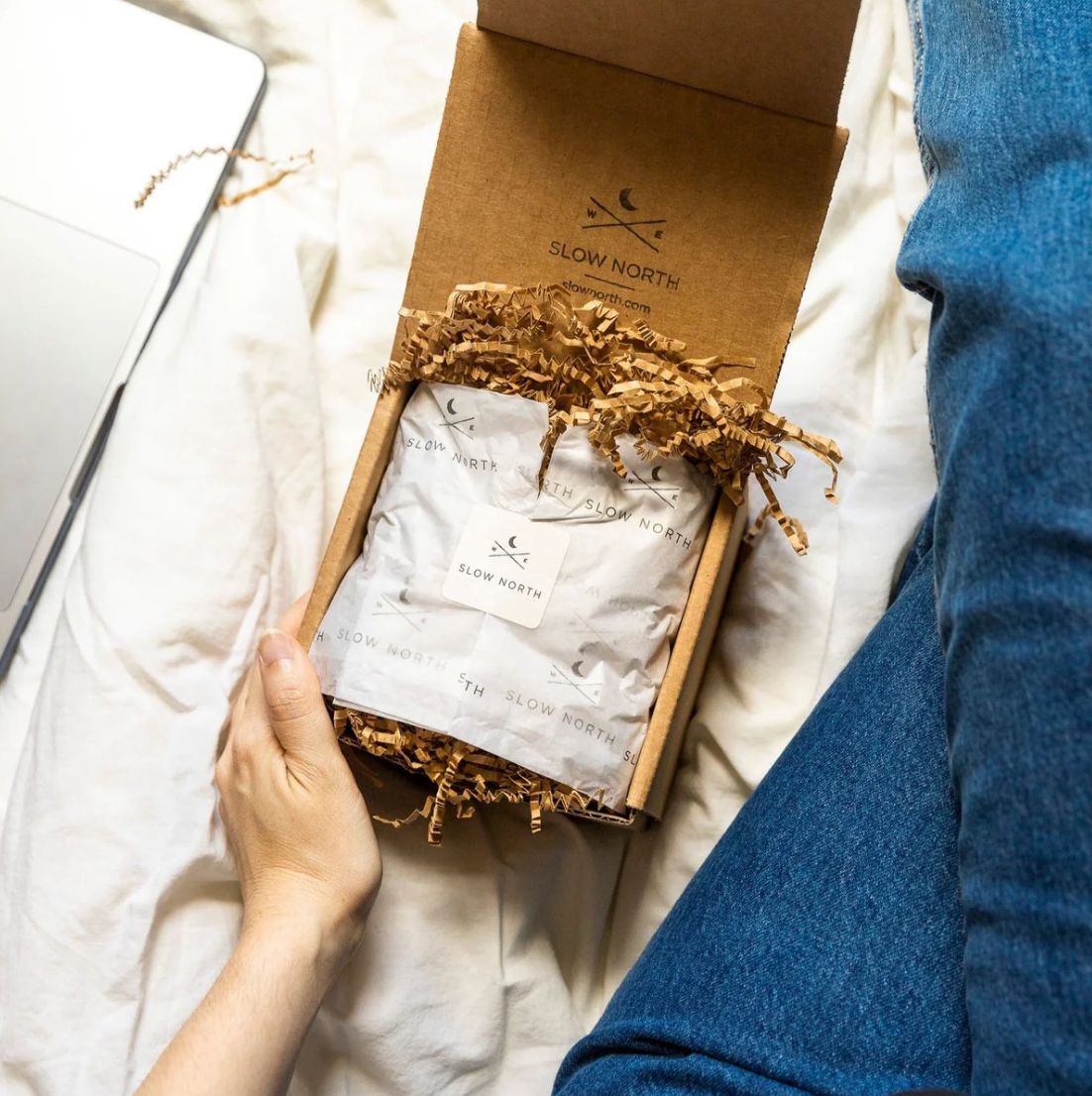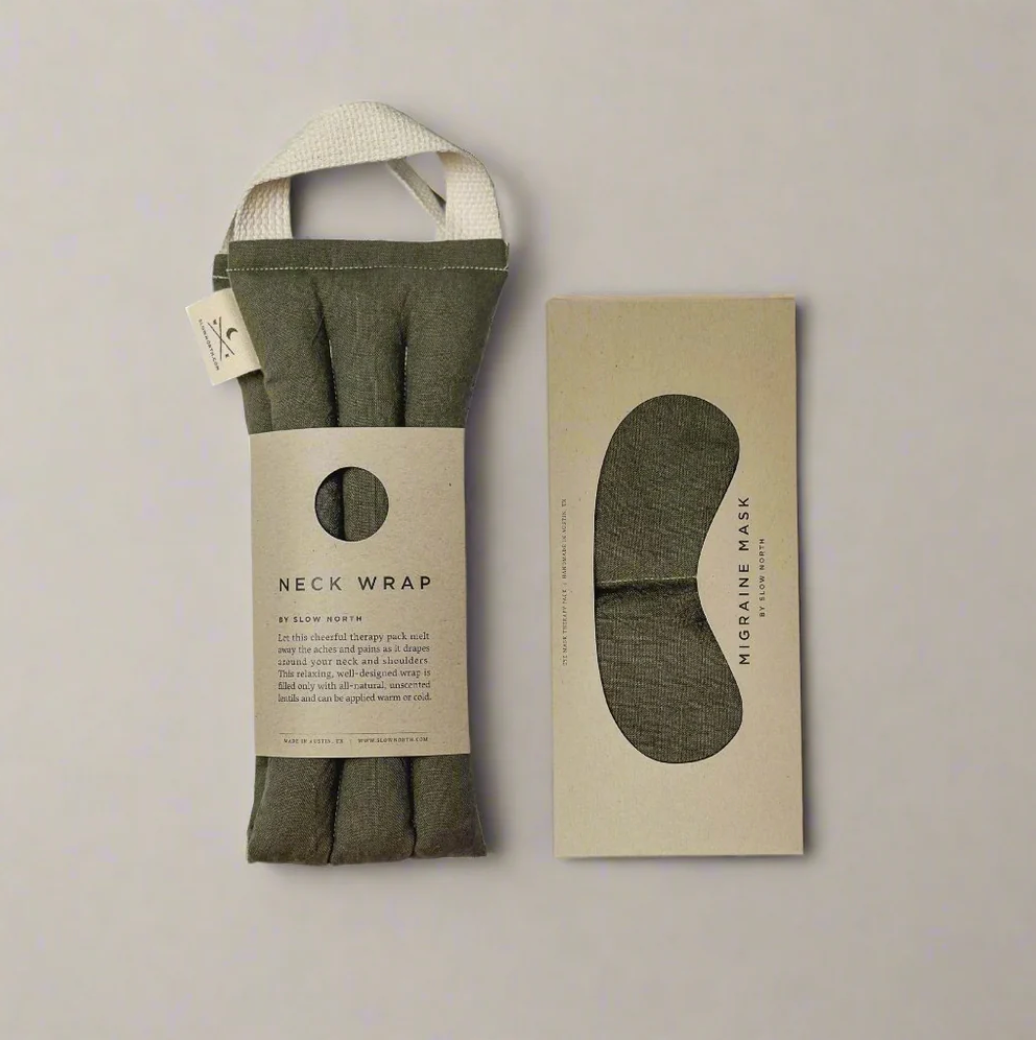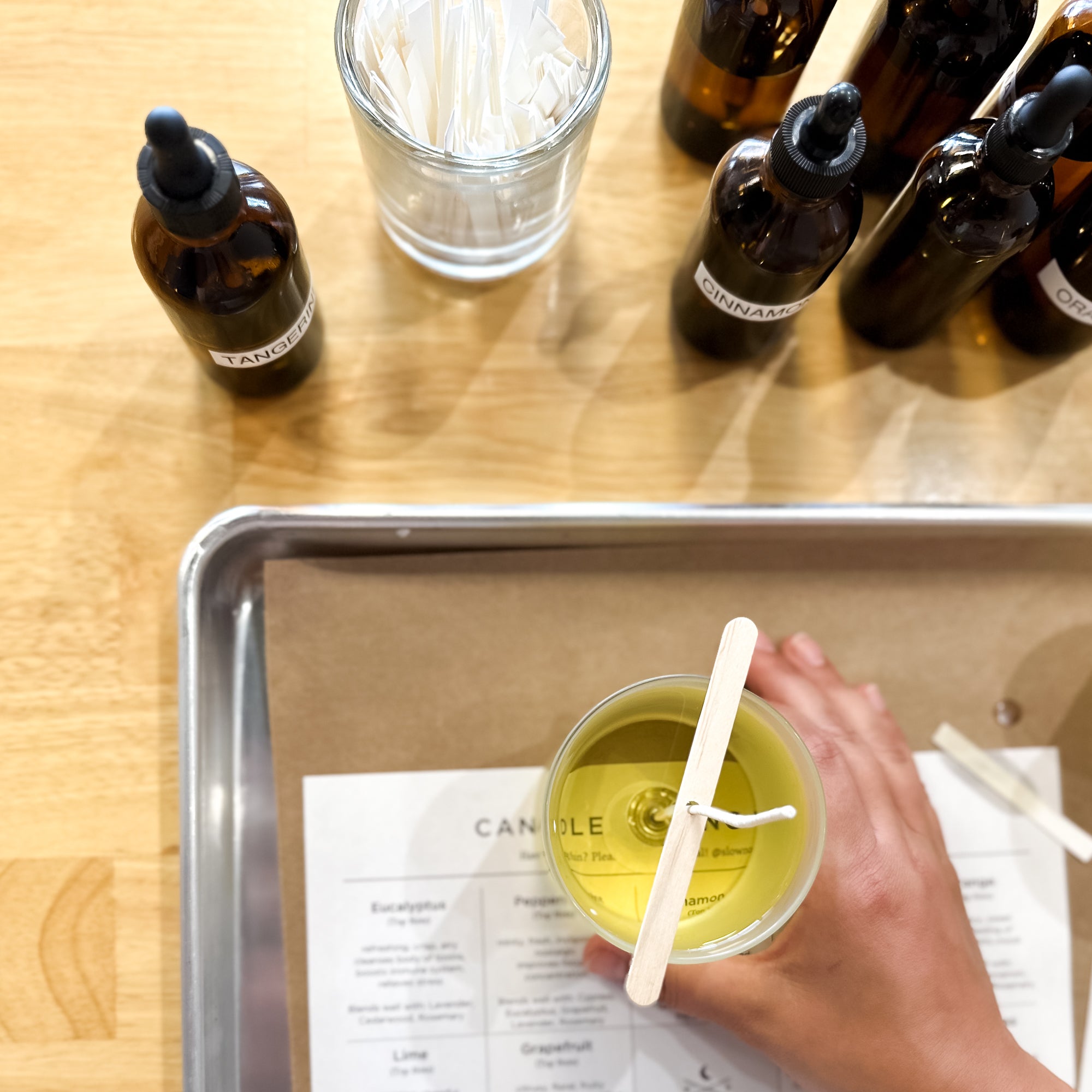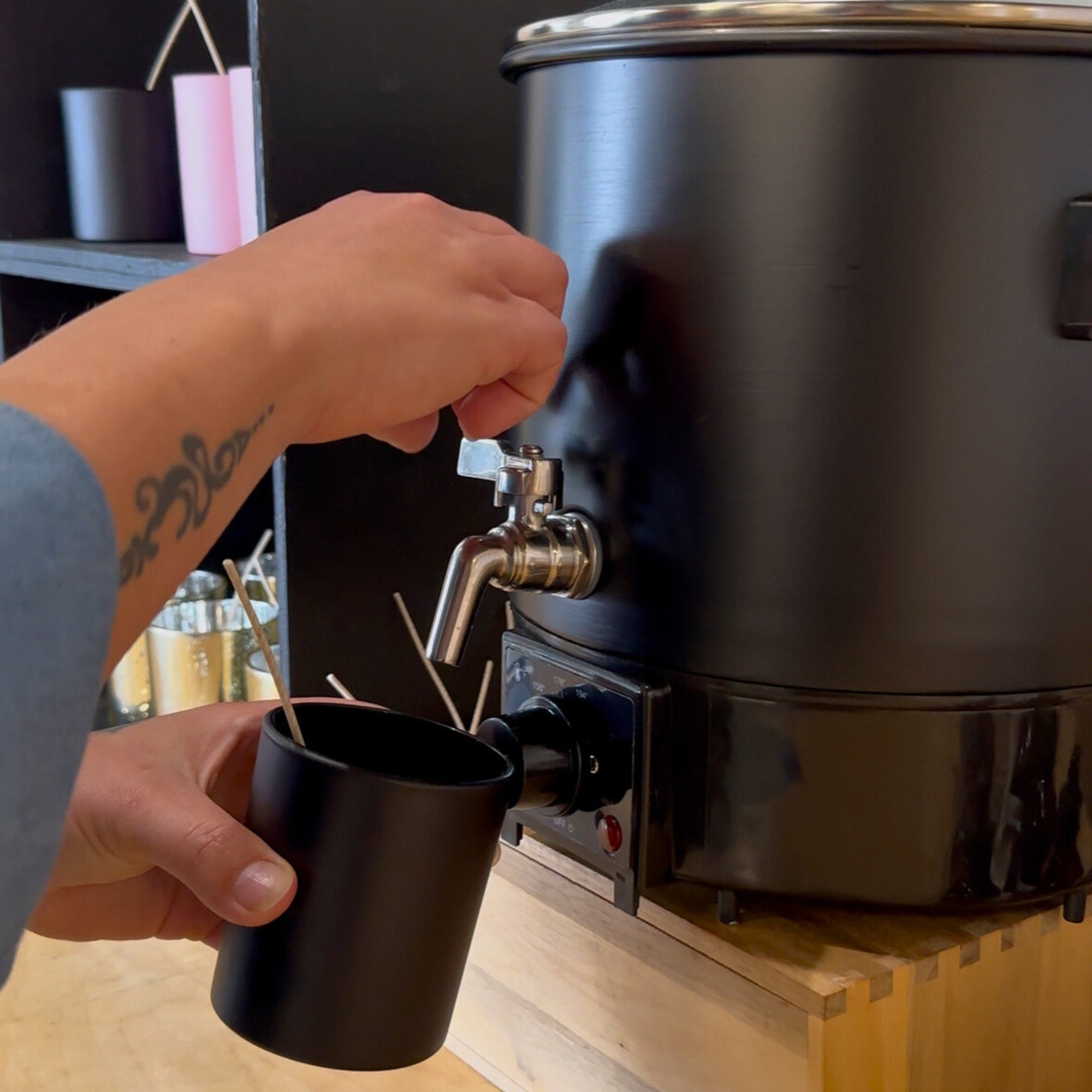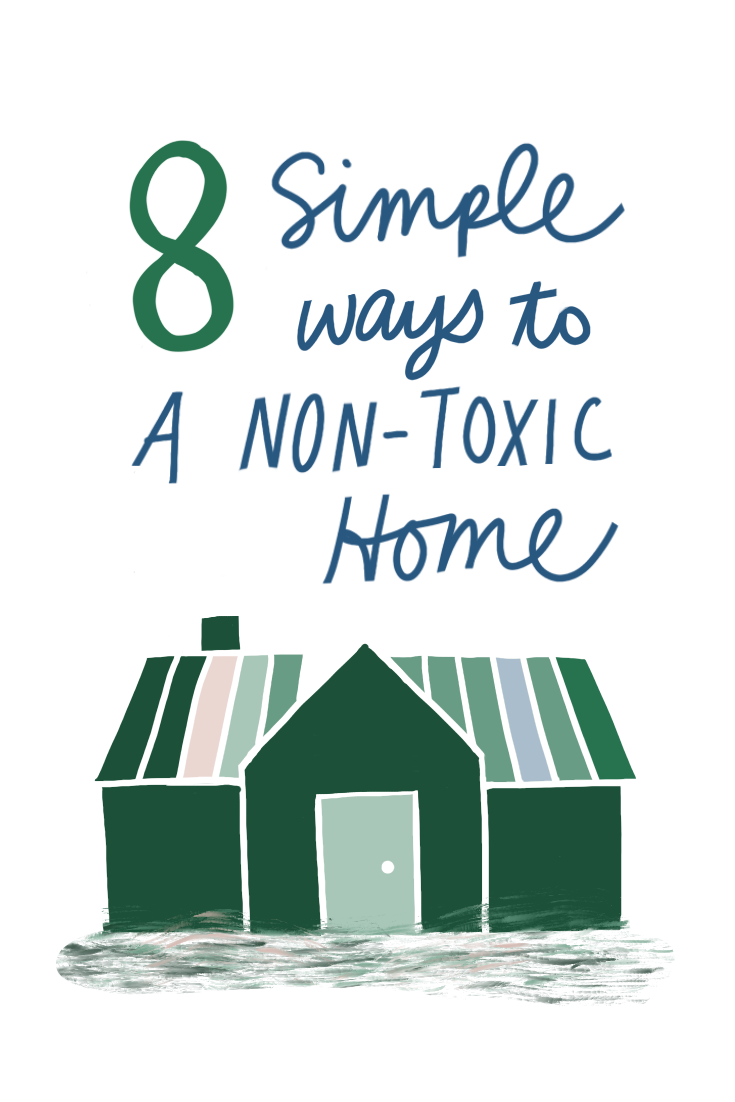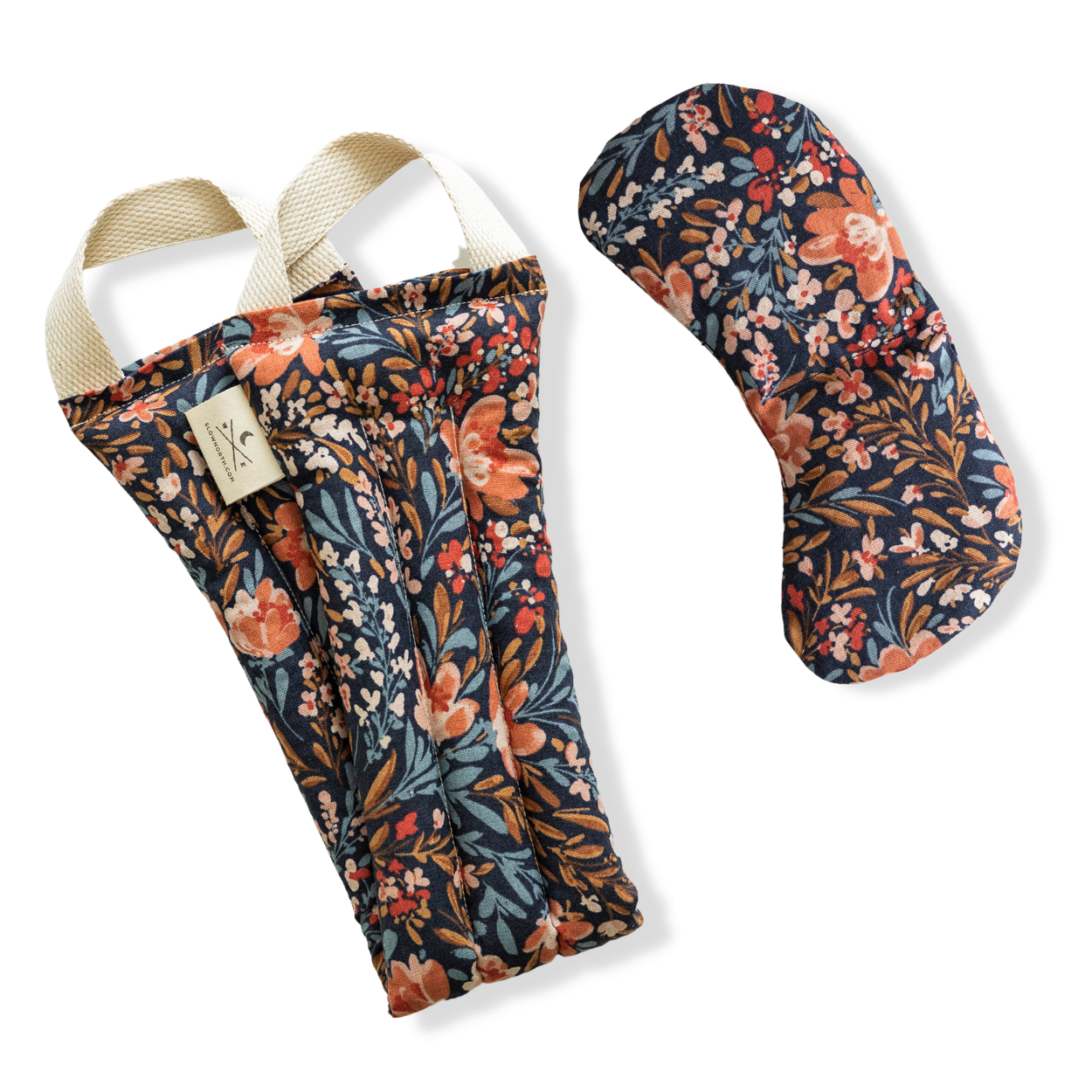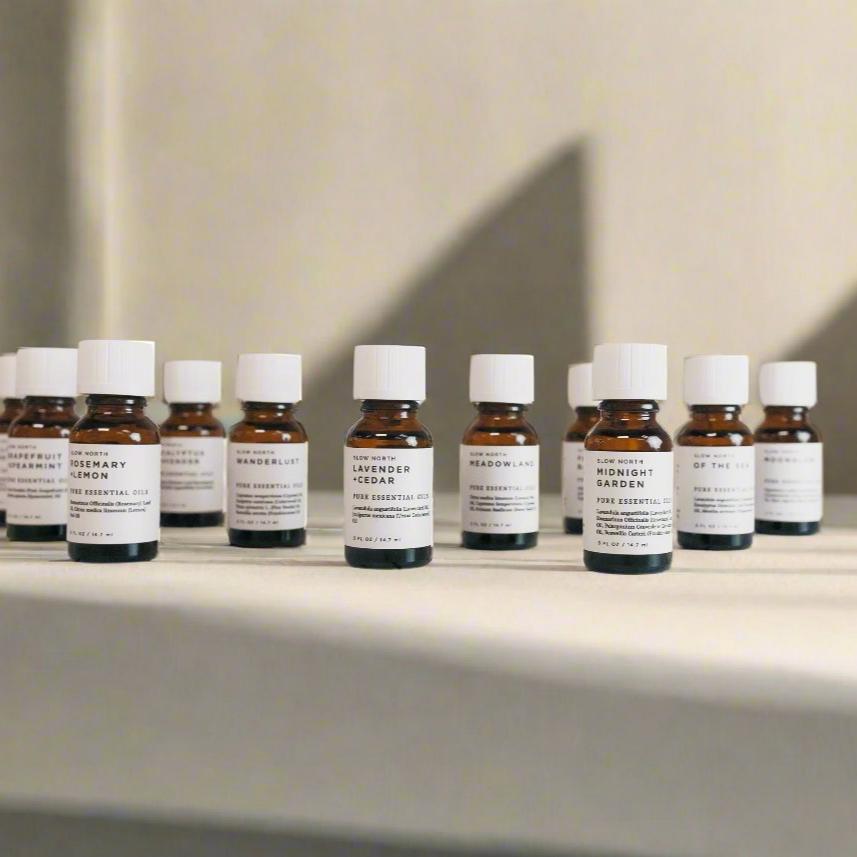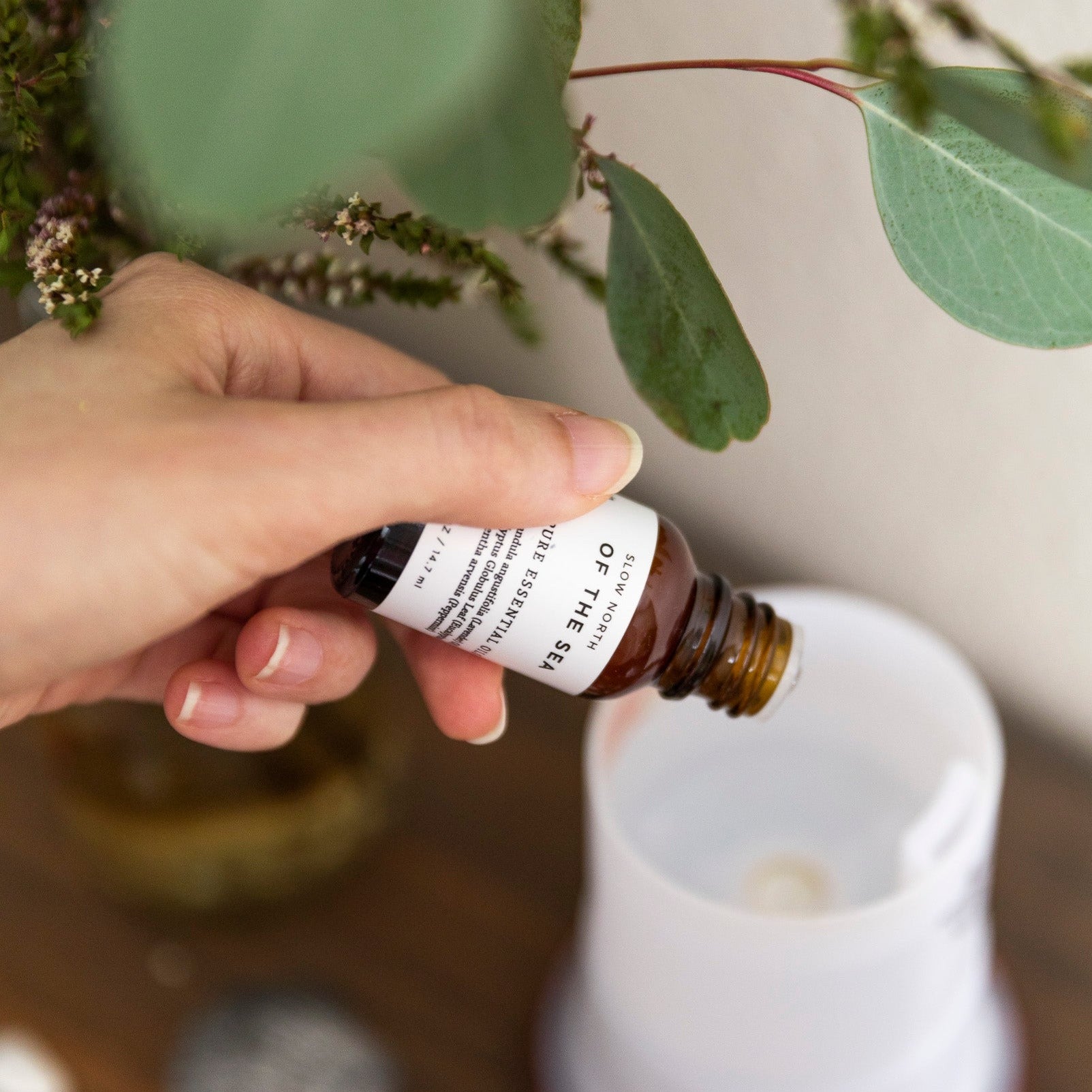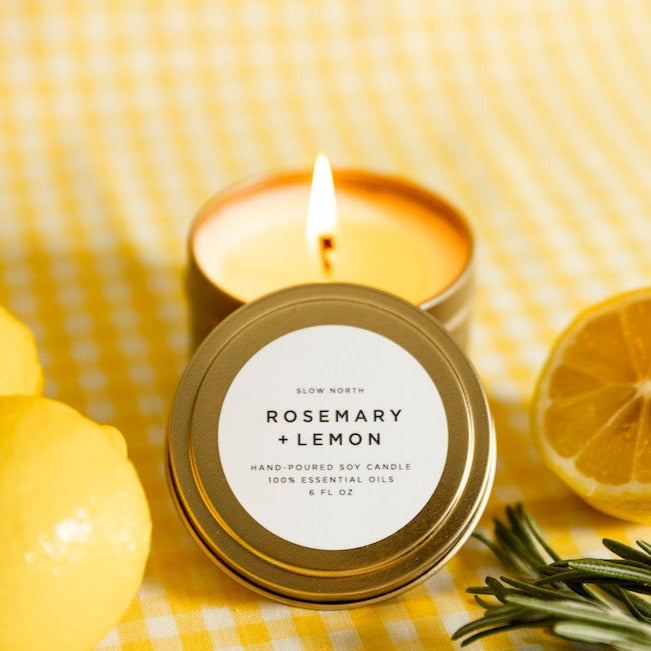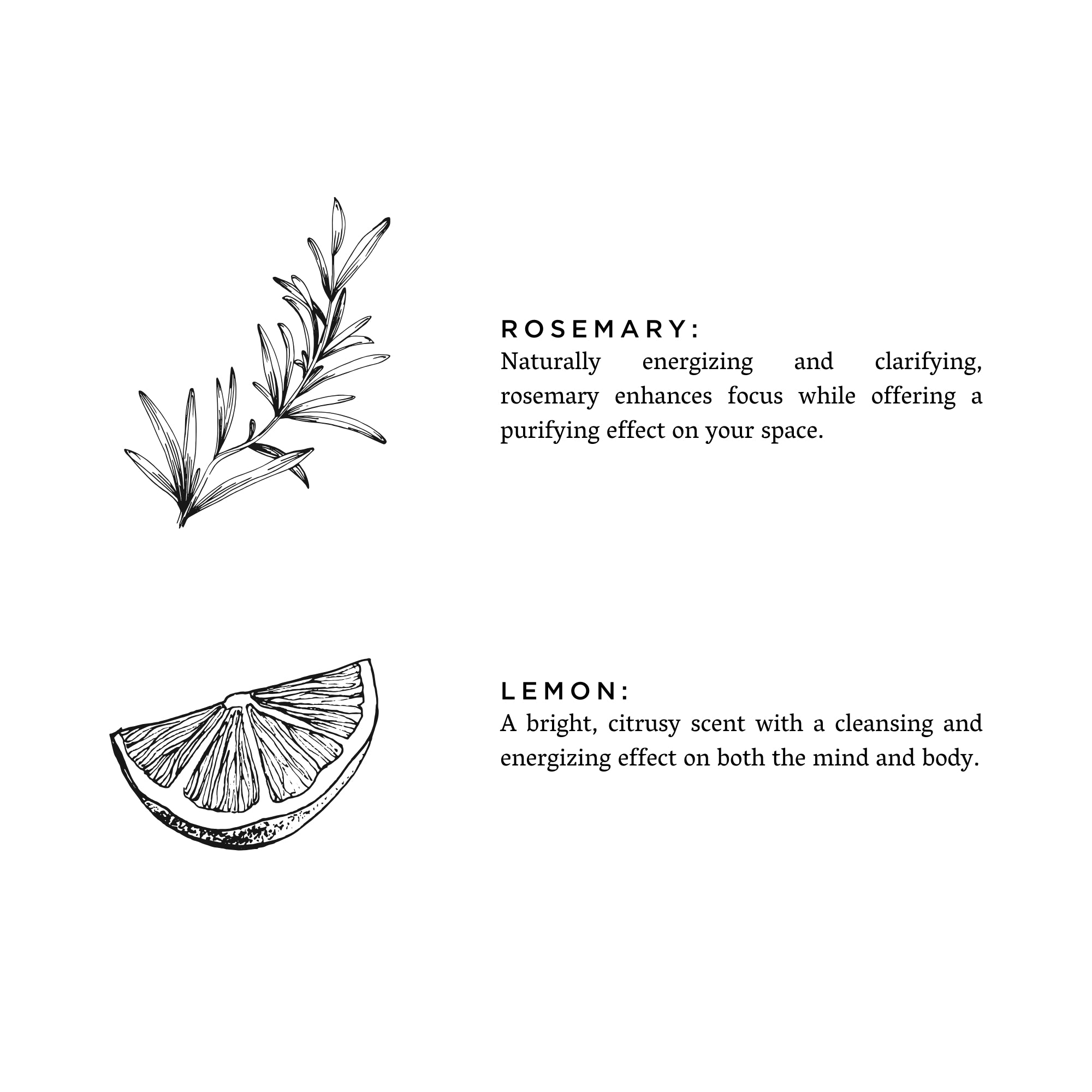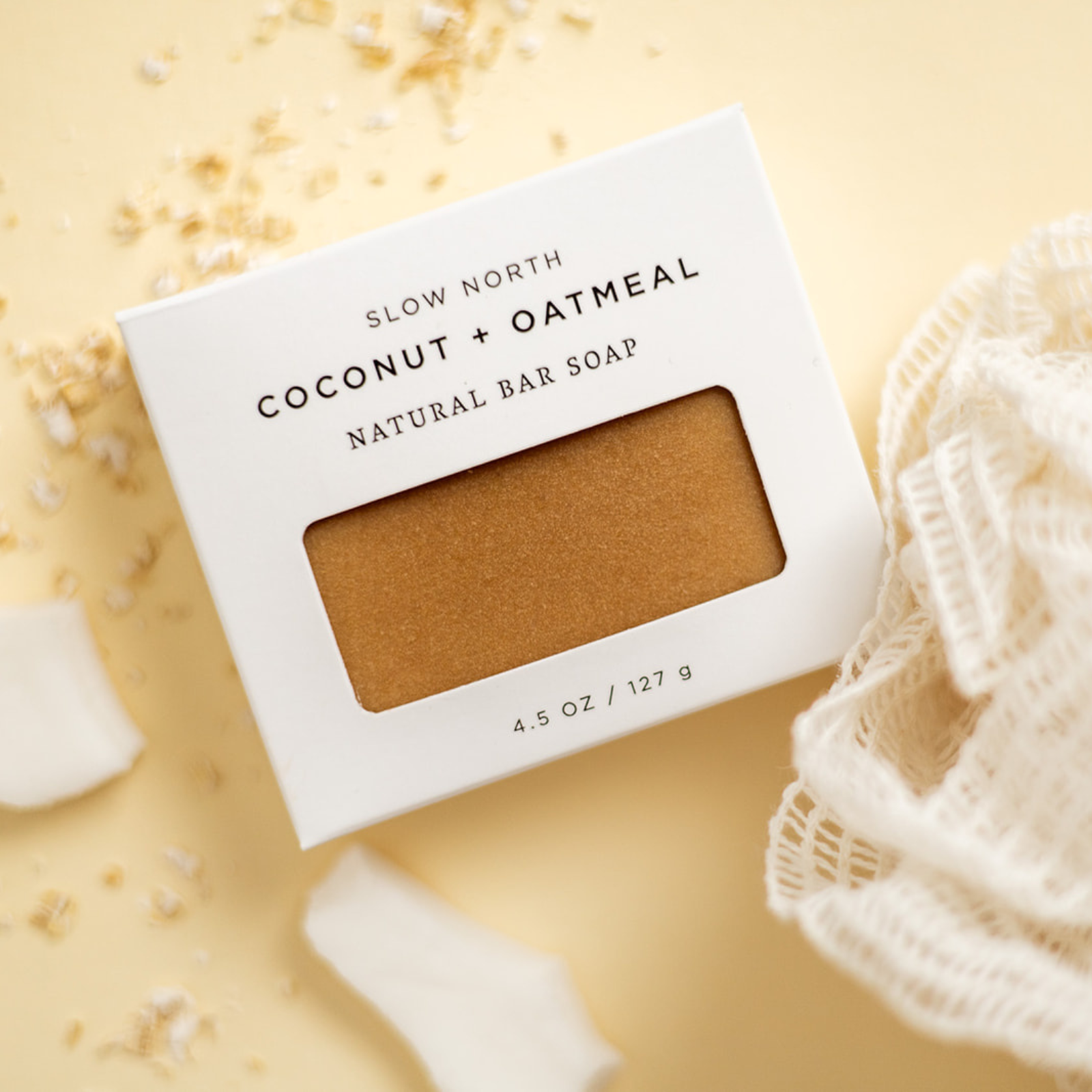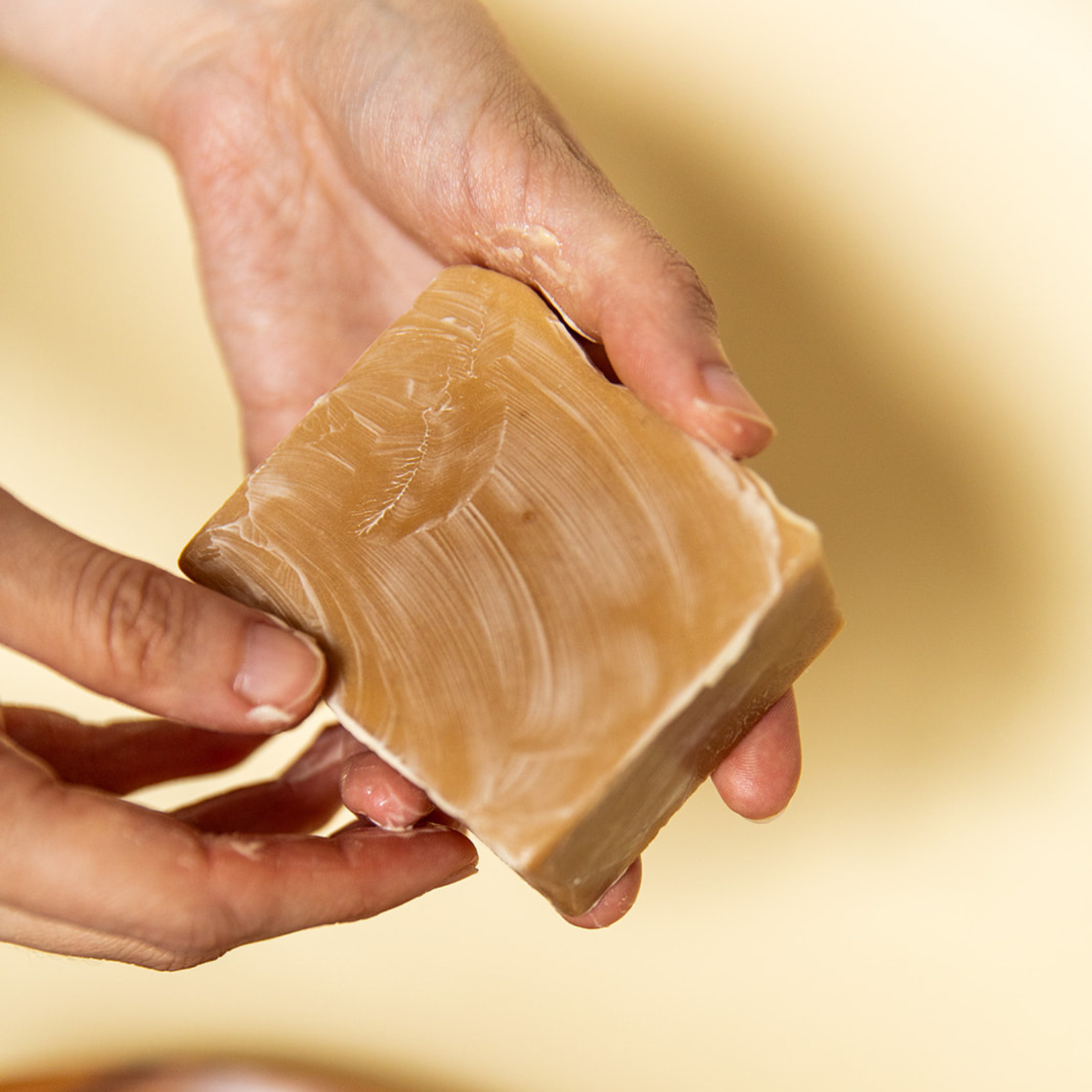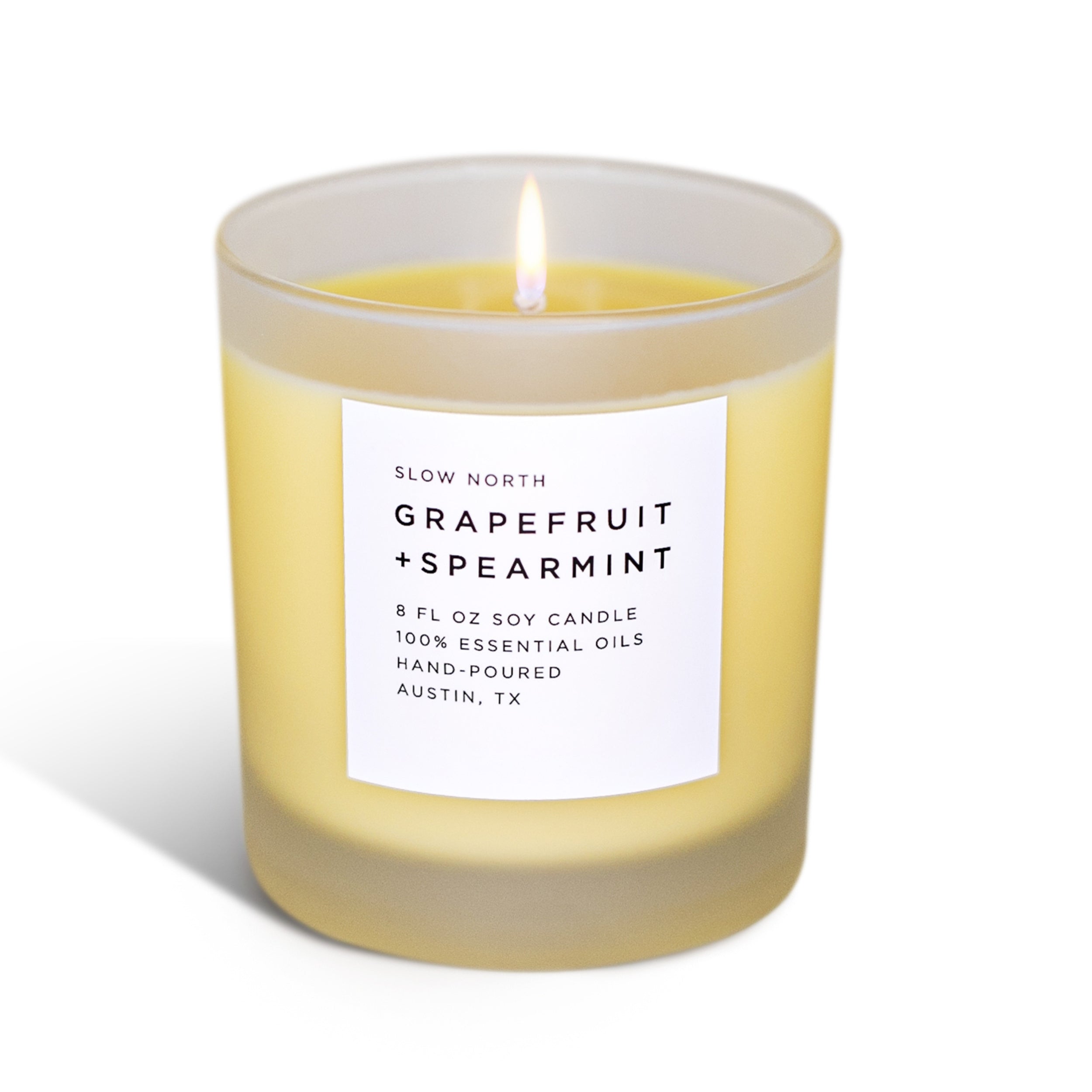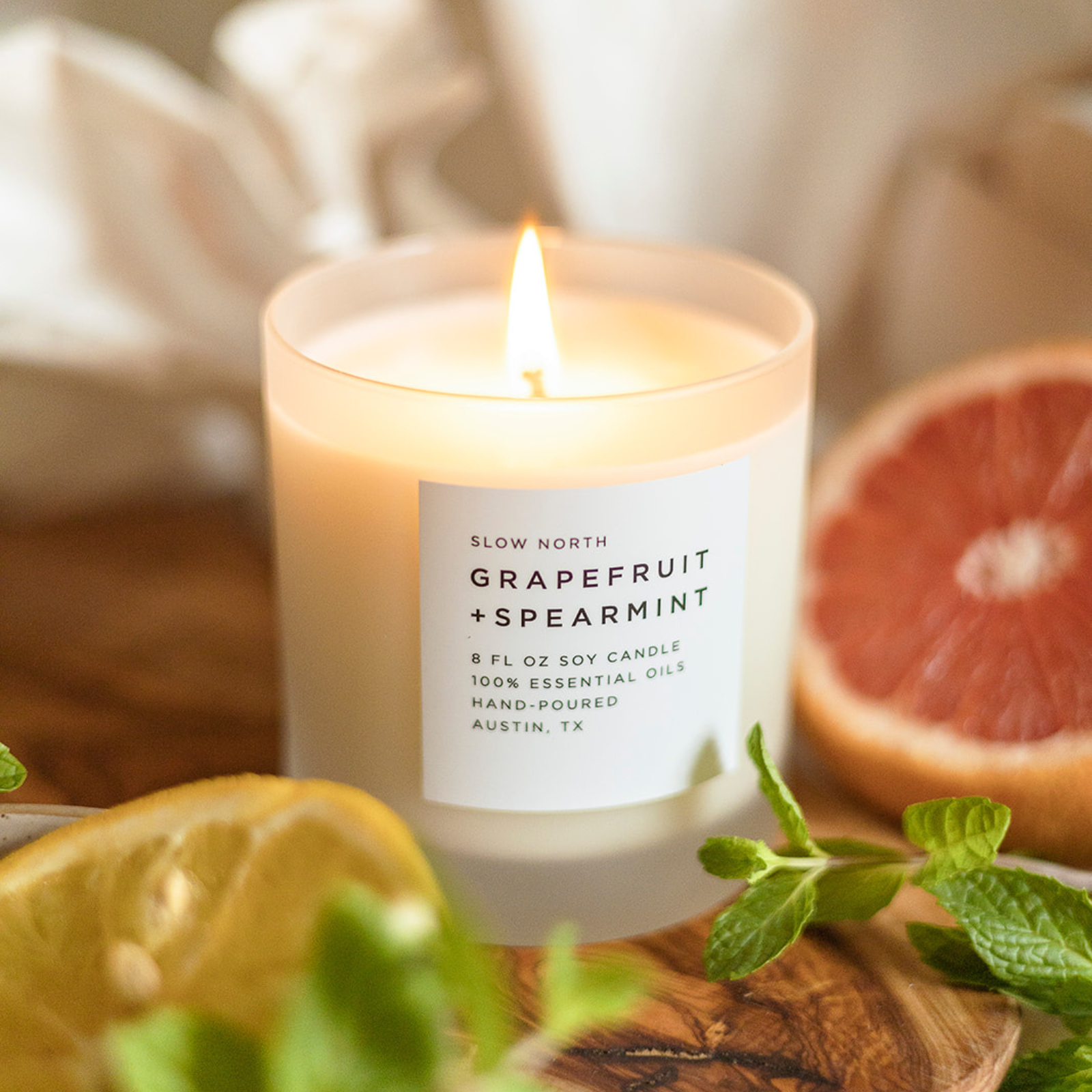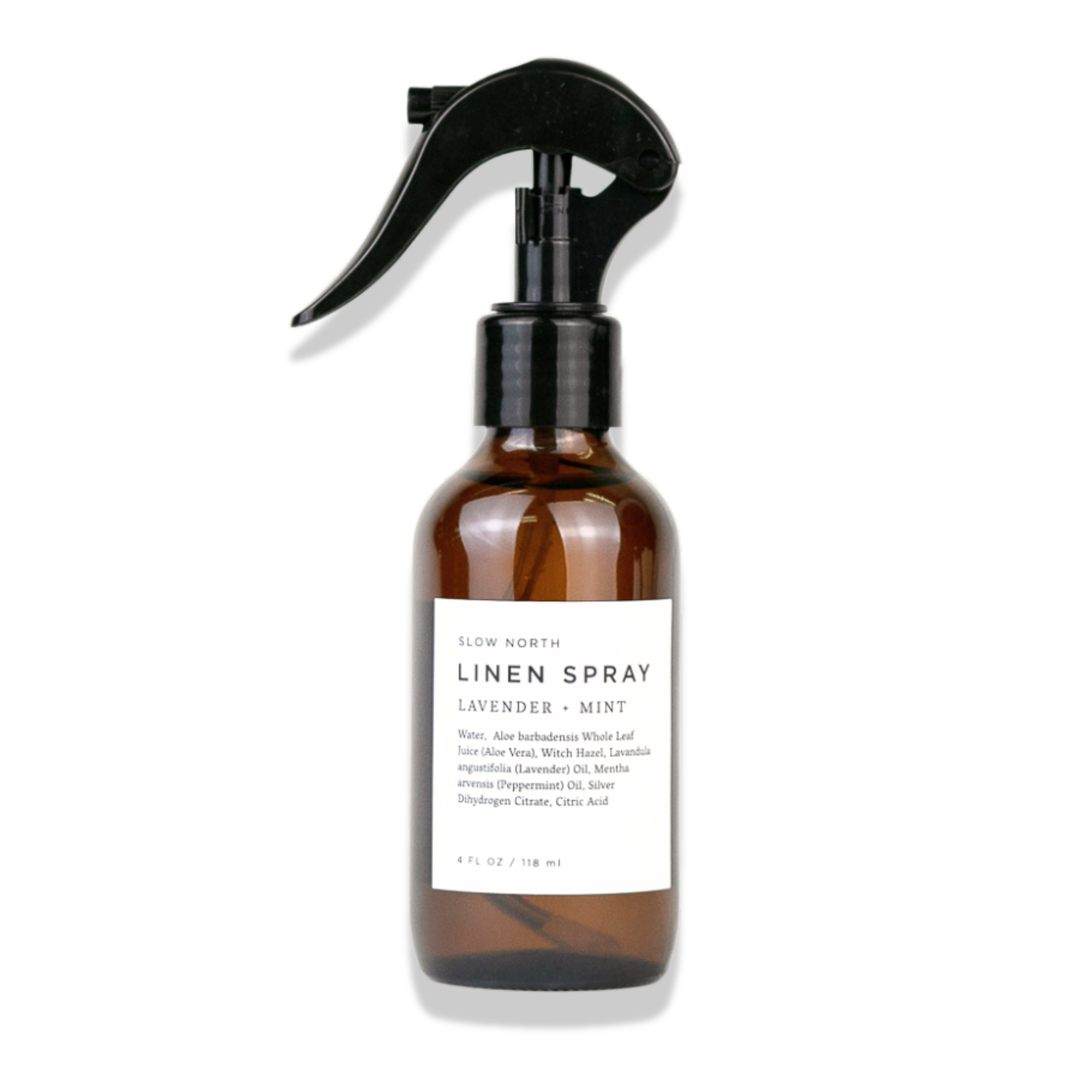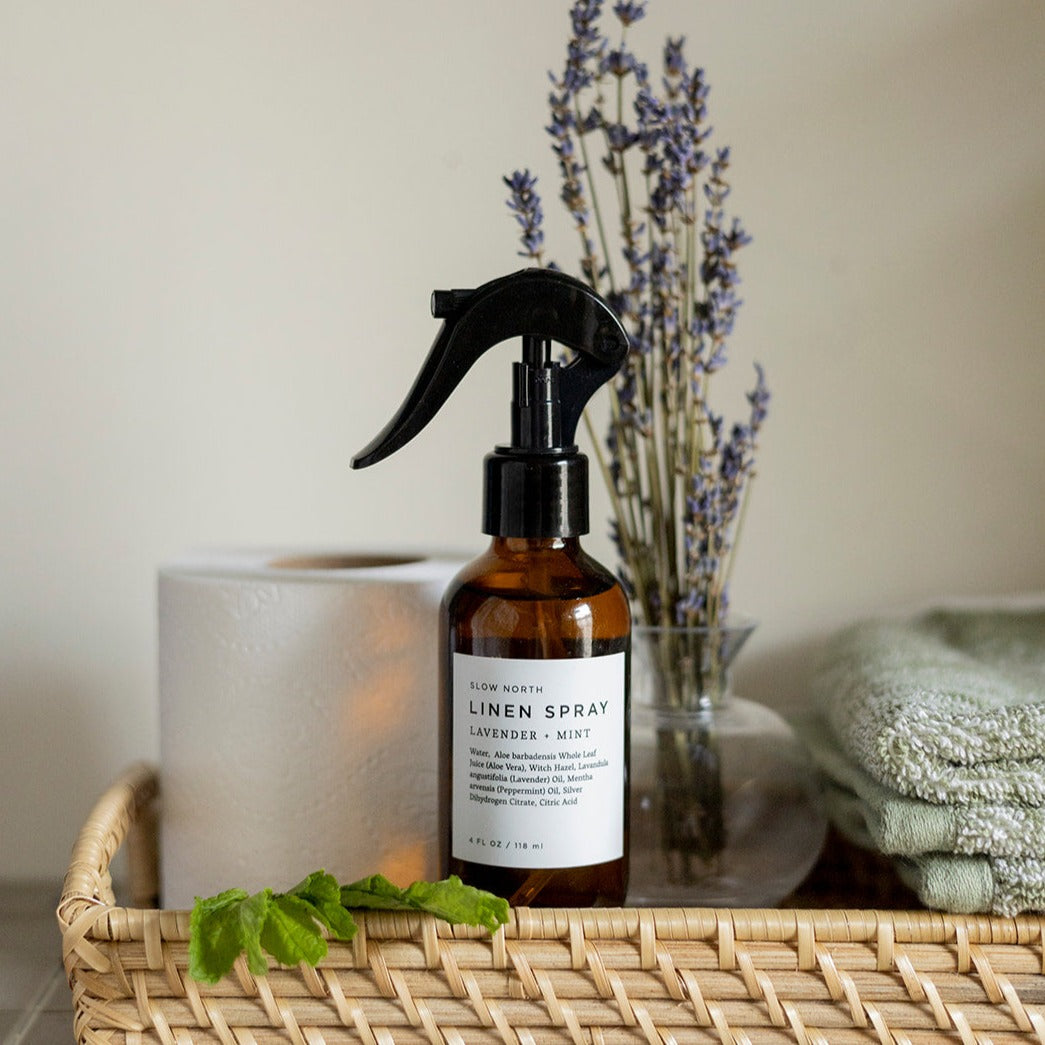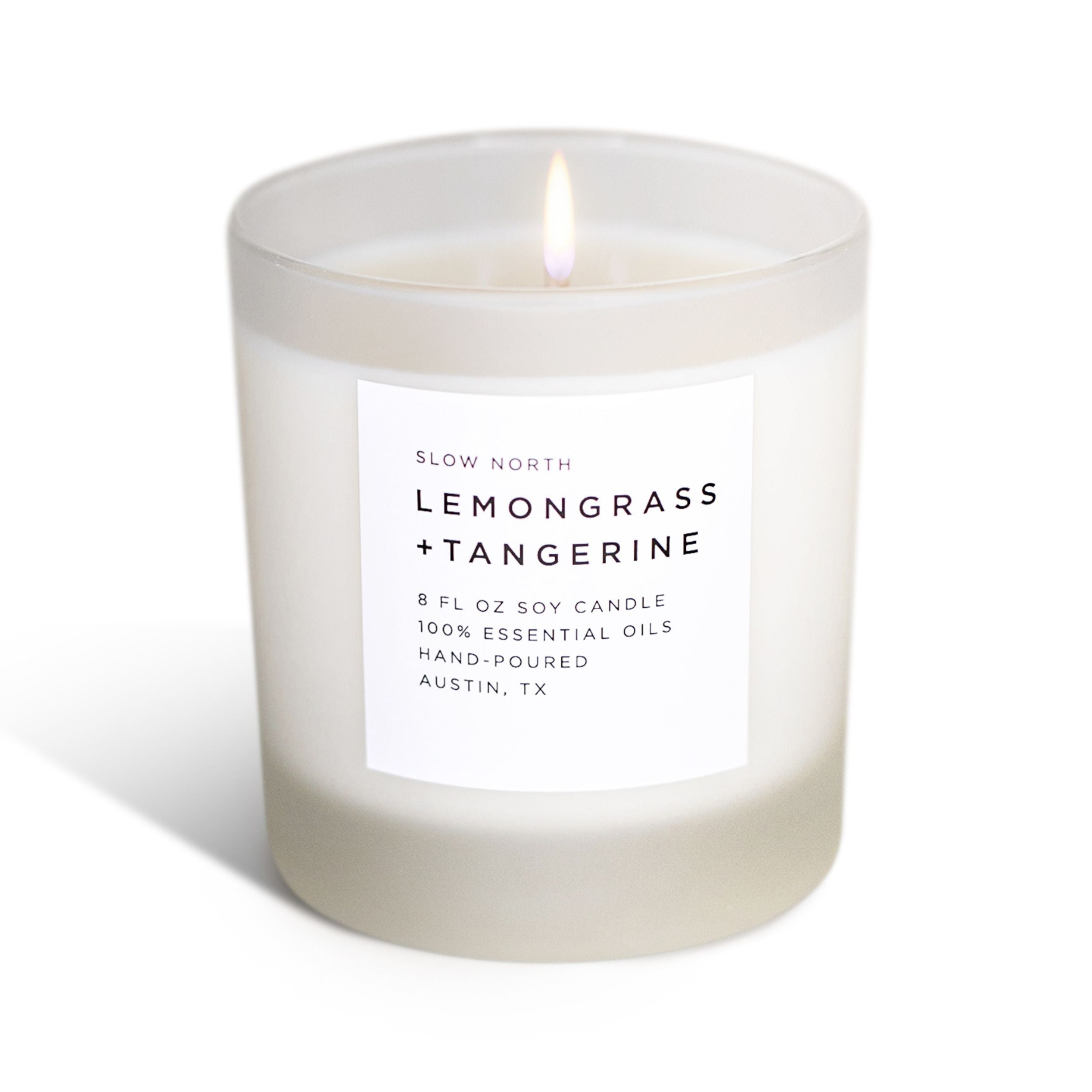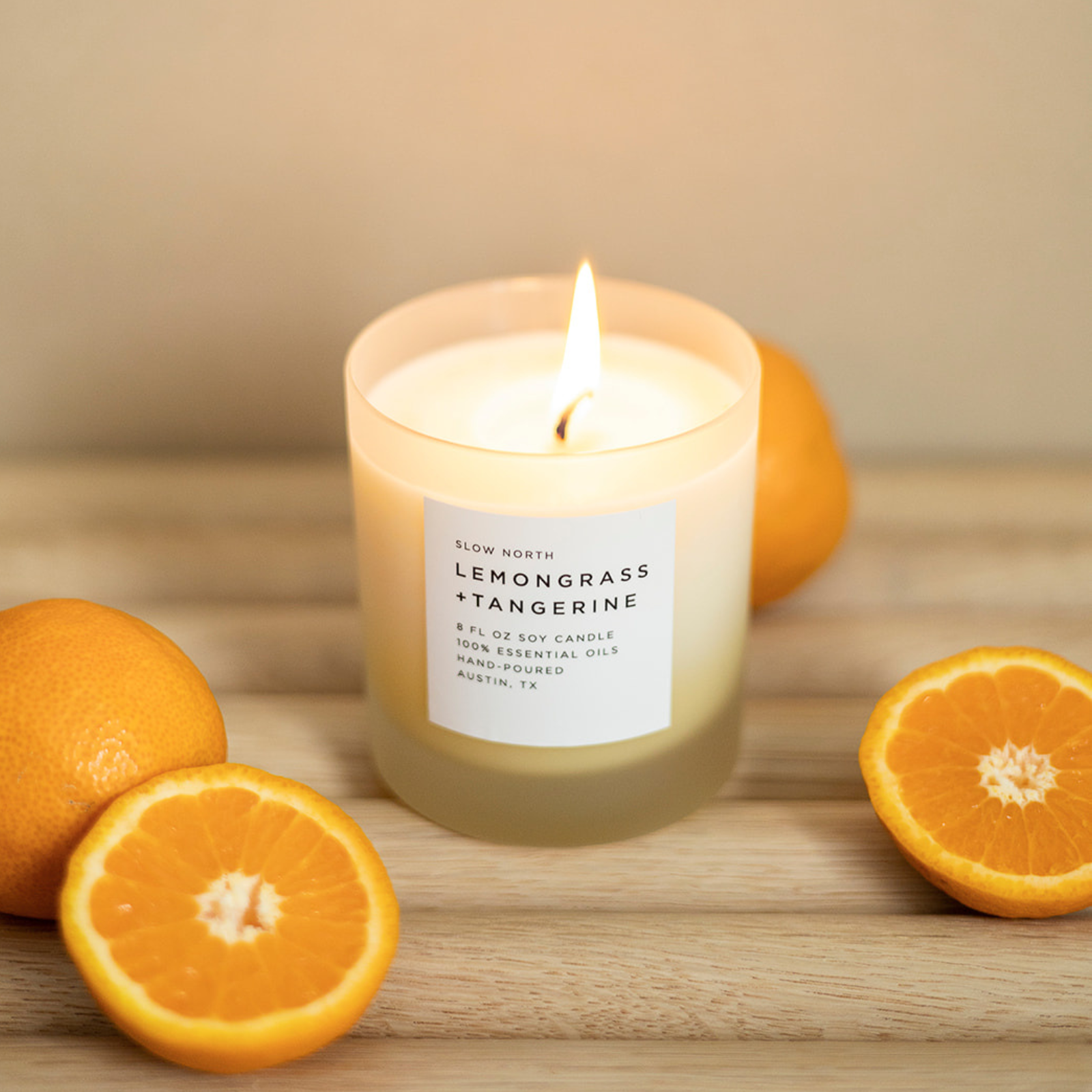 Photo by Brina Blum
Photo by Brina Blum
Chances are, you’re sharing your home with more toxic items than you’d like. From under your kitchen cabinet to inside your fridge, dangerous toxins loom in everyday products that most of us wouldn’t give a second thought about using regularly. Luckily, there are plenty of options for making the switch to non-toxic household products. Try using these 8 simple methods to keep toxins out of your home:
1. Invest in natural cleaning supplies.
Conventional household cleaners are some of the biggest offenders for cases of at-home poisonings. In fact, according to the Center for Disease Control and Prevention, over 300 children in the U.S. are treated in emergency facilities every day as a result of being poisoned. Cleaners made from 100% natural ingredients can help you keep your home in tip-top shape — without the scary toxicity.
 Photo by Daiga Ellaby
Photo by Daiga Ellaby
2. Opt for biodegradable trash bags.
Plastic bags made from chemicals like phthalates, benzene and vinyl hydrochloride are adding to the toxicity of your home. Try switching them out for gentler trash bags made from bioplastics, which consist of organic materials like corn, grains, and vegetable oils. You can find them at your local Whole Foods and even on Amazon.
3. Ditch the dryer sheets.
Yes, they smell so fresh and clean, but dryer sheets are a nasty source of endocrine-disrupting and synthetic chemicals. Wool dryer balls, on the other hand, are an eco-friendly alternative that naturally soften fabric and decrease drying time. Pro tip: add a few drops of essential oils to the wool dryer balls for a clean, natural scent.

4. Buy clean beauty products.
The New York Times recently reported that the beauty industry is a big culprit of plastic waste, especially when it comes to packaging. And beyond just the packaging, products like single-use face wipes are packed with formaldehyde-releasing chemicals, solubilizers, surfactants, and emulsifiers (we’re guessing you really don’t want those things seeping into your pores every day!). Instead, treat your skin to pure, natural ingredients and a guilt-free wash with reusable cotton wipes, and reduce your environmental footprint by purchasing products with eco-friendly packaging.
5. Consider a snake plant.
Also known as mother-in-law’s-tongue, these versatile houseplants are the Earth’s real superheroes. They filter toxins like formaldehyde, benzene, and trichloroethylene from the air like it’s nobody’s business. Plus, they’re virtually impossible to kill: they’ll thrive in any light conditions and only need water once a month.
 Photo by Kara Eads
Photo by Kara Eads
6. Switch out plastic tupperware for glass.
Storing and heating food in chemical-leaching plastic is harmful to your health. Try keeping leftovers, freshly cut fruits and veggies, and other perishable items in non-toxic, recyclable glass containers instead.
7. Likewise, keep plastic away from produce.
Reaching for a plastic bag for fruits and veggies at the supermarket is probably second nature for most of us. But there’s a better alternative: beeswax wraps! These eco-friendly food wrap products are made with organic cotton, beeswax, organic jojoba oil, and pine resin. Beeswax wrap is washable, reusable and compostable, and makes a perfect alternative to saran wrap and ziploc bags.
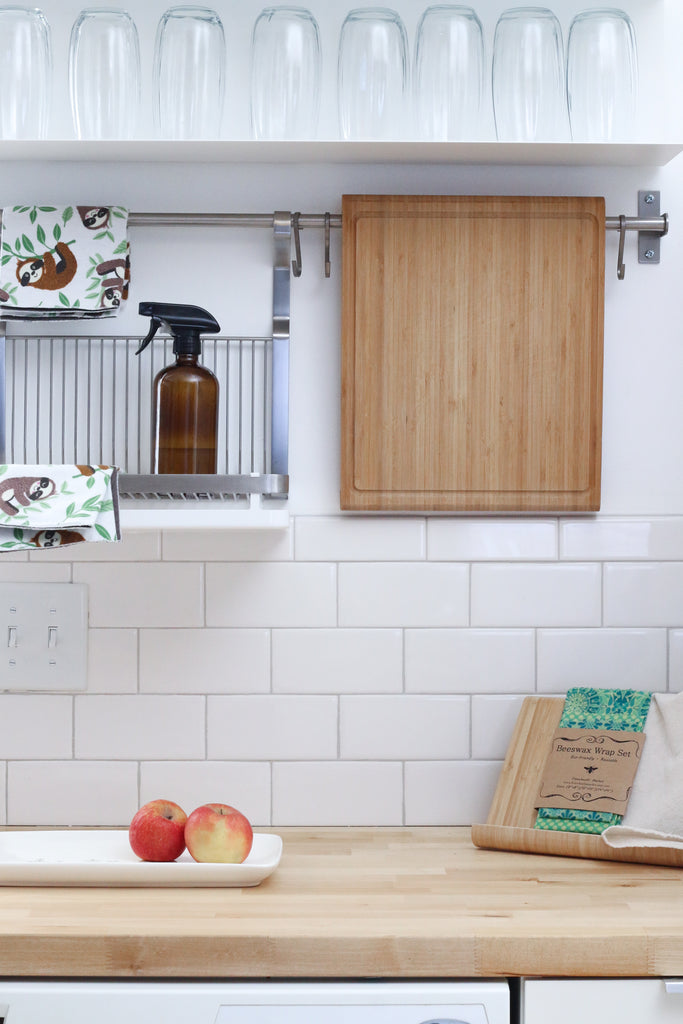 Photo by Good Soul Shop
Photo by Good Soul Shop
8. Forget the Febreze.
Not only are aerosol products terrible for the environment, but synthetic air fresheners have also been found to contain carcinogenic chemicals. There’s no reason to pump your air full of toxins when you can opt for non-toxic air fresheners like natural candles, essential oil diffusers, and natural non-aerosol room spray.
Cecilia Seiter
Cecilia is a freelance writer and contributor to Slow North. She writes largely about sustainability, especially as it applies to beauty, wellness, and the future of technology. She is a graduate of the journalism department at Cal Poly, San Luis Obispo and is based in Los Angeles, CA.




